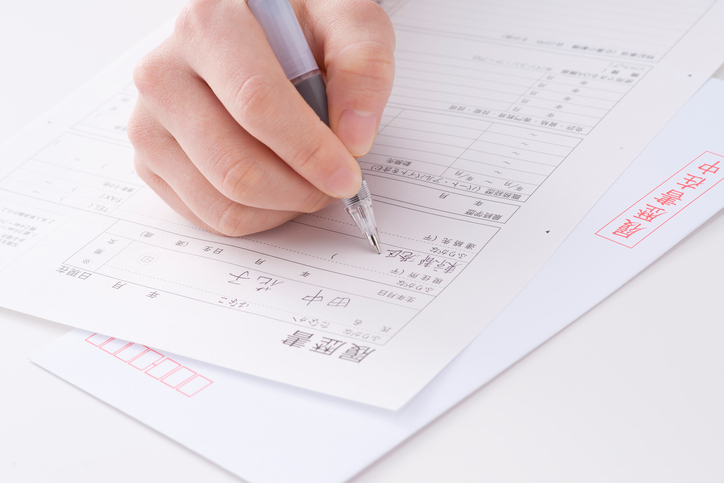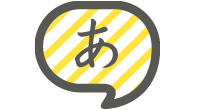No. 15 What you should know before working in Japan! Business etiquette & attitude as a member of society
After passing a difficult interview, imagine that you have been hired by a company.
Keep in mind, though, that Japan has unique business customs and attitudes related to work.
This section will explain customs in Japan so that you can get used to working at a company as quickly as possible.
.jpg)
Business customs unique to Japan
When working in Japan, it is important to understand unique business customs that exist here. For example, “you must be on time for an appointment” and “the lower person should give their business card first.” Try to follow business customs so you can show proper respect to supervisors and customers.
Business manners: Punctuality
In Japan, punctuality is a fundamental courtesy. If you are always on time, your social credibility will increase.
For example, if your supervisors asks you to create a document, make sure you confirm when the task needs to be completed. If it is difficult to complete on time, it is important that you report this fact as soon as possible.
Business customs when meeting someone
When you meet someone, it is important to exchange greetings and business cards in the proper way.
When greeting a customer or superior, you should initiate the greeting. By greeting people properly, you can make a good impression on the people around you.
Also, when exchanging business cards, basically, the person in the lower position should present their card first.
In other words, when you meet a customer, you should always give your business card first. When the other party presents their business card, you should receive it with both hands. At that time, it is important not to cover the names on the business card with your fingers.
You should also be careful when sitting. Superiors and customers sit in the “Kamiza” or best seat away from the doorway. The lowest ranking person should generally sit in the seat nearest the doorway. If a customer is not sure where to sit, suggest that they sit away from the doorway.
When speaking, try to use soft expressions whenever possible.
If you have to ask something, first say “Taihen otesu desu ga” (I’m sorry to trouble you) to give a softer impression.
Conclusion
When working in Japan, you need to understand Japan’s unique business customs. Try to understand the business customs and attitudes as a member of society now so that you will easily be able to fit in at the company.
■The contents provided in these articles are for informational purposes only.
Therefore, the reader must use discretion and take responsibility when using the information in these articles.
The Tokyo Metropolitan Government, the administrator, and the management office shall not be responsible for the results of applying the contents of the articles.
■The information in these articles is current as of January 2020. Keep in mind that there may be changes at the time it is used.











